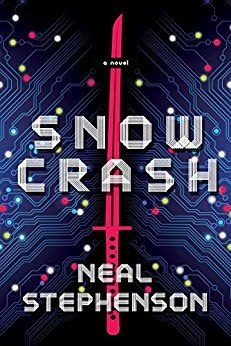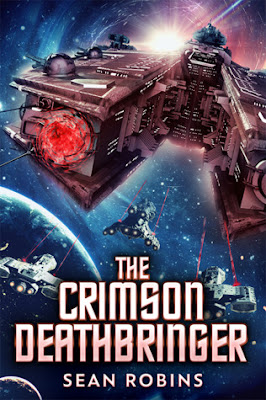7 Things About Art of War
The Greek island of Mythaki is a place like no other in the world. Twins Gabe and Kali spend their childhood in this Eden surrounded by family, community and culture. Gabe grows up learning the skills of a fisherman in the Mediterranean sea while Kali discovers a love of painting in the iconography in the villiage church.
But this innocent time comes to an end as World War II spreads fear, death and chaos across Europe. For Gabe and Kali, their once ideal world becomes an apocolyptic hell from which there is no escape.
1. A Snapshot of A Time and Place
This story is a beautiful depiction of a time in history that I'm fairly familiar with and a place that I am very much not. The story takes place on the Greek island of Mythaki in the early 1940's. And even back then it feels like a place frozen in time. The people spend their days fishing in the sea or herding goats on the hills. They farm grain and olives. A radio in the cafe appears to be the only source of information from the outside world.
And, of course, it works so well that this early time is told through the eyes of children who later grow into young adults just as all Hell begins to break loose.
2. What's Lost is Lost and Gone Forever
The old Irish ballad, 'The Town I Loved So Well' kept running through my head while I read this. It was the same feeling. That love for a time and place that is ravaged by the evils of the world.
3. Even Eden Has Scars:
I thought a particularly interesting character was the old man Haris from early in the book. Besides acting as a kind of boogie man for the children, he is this strange outcast from this society. It's clear he is suffering from the effects of World War I and it It was a particularly effective element to show that this place is not as sheltered as it might seem. By contrast I think it also shows the strange naivete that is indicative of this inter-war period. This sense that, given how bad the Great War was, we would never do something so destructive again.
4. Yeah That's The Italians:
Another detail that I liked was the disposition of the Italian soldiers that first invaded the island. Well, invaded is not really the right word. They were more like house guests that show up unannounced and overstay their welcome. They are dangerous but not like the pure evil malevolence of the Nazis later the in the book. They are only dangerous because they are so inept their gun might go off at the wrong time. Of course they are as likely to shoot themselves in the foot.
Which is pretty accurate from what I understand about the Italian effort in the Second World War.
5. Love At The End of The World:
One would think that such frivolous things like romance and love would kinda be put on hold while the world is burning. Or maybe I just think that. But I like how it's handled here. In strange ways its almost as messy, bloody and destructive as the war that rages around them.
6. Fade to Purple:
The one thing that I didn't like about this book was that, every so often, the language gets a little too flowery for my taste. I get the desire to emphasize some of the really dramatic details and feelings in this story but I think this is already extremely well done in the characters and description. When it comes to the language in situations like this, less is more.
7. The Verdict: 🌟🌟🌟🌟🌟
It really is a lovely, intense, heartbreaking story. The background cultures are rich, the characters are vivid and engaging, the level of detail is vivid without slowing down the pace of the story. Overall just a beautiful peace about family, love and community in a time of almost apocolyptic horror.




Thank you! :)
ReplyDelete